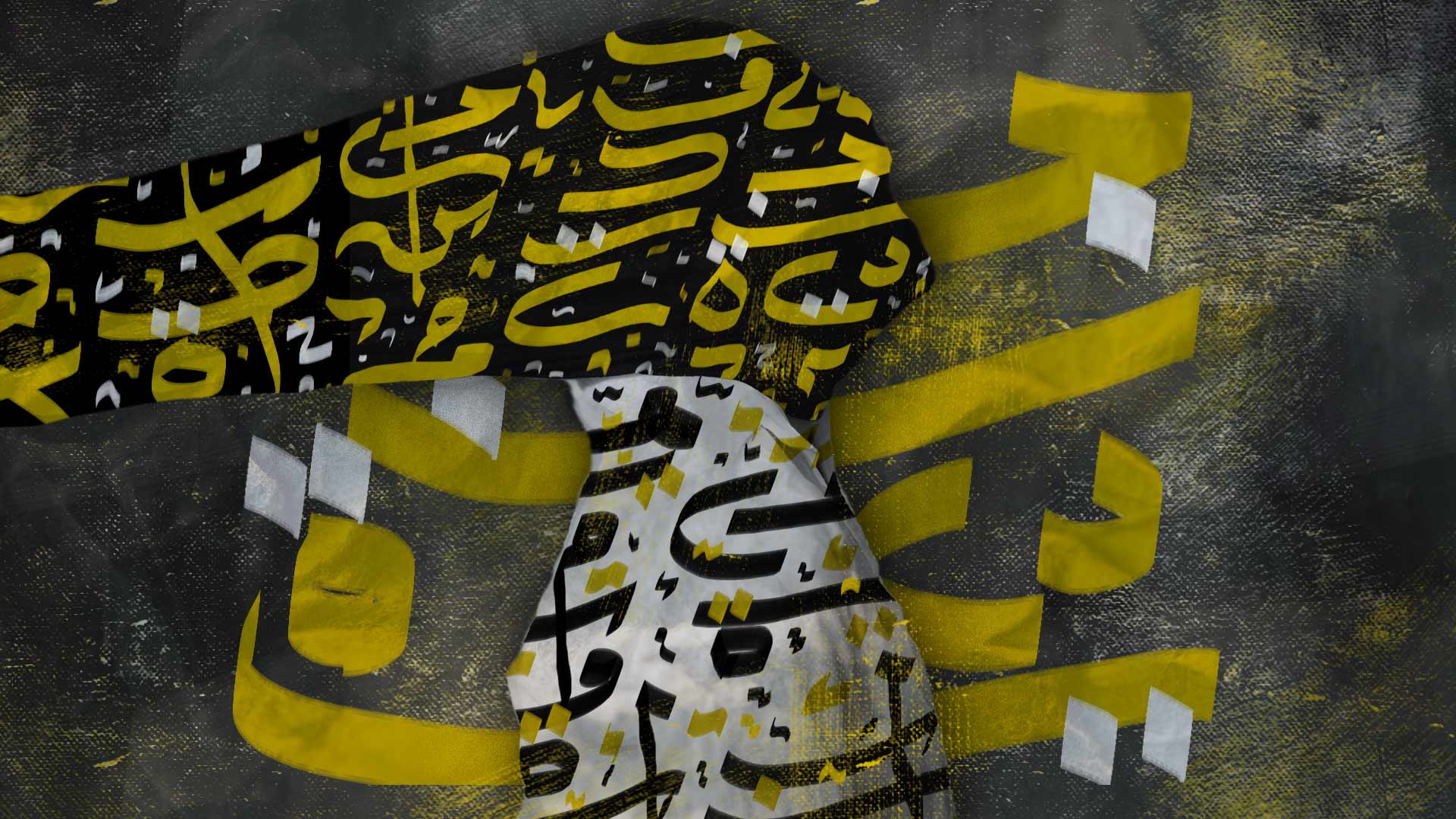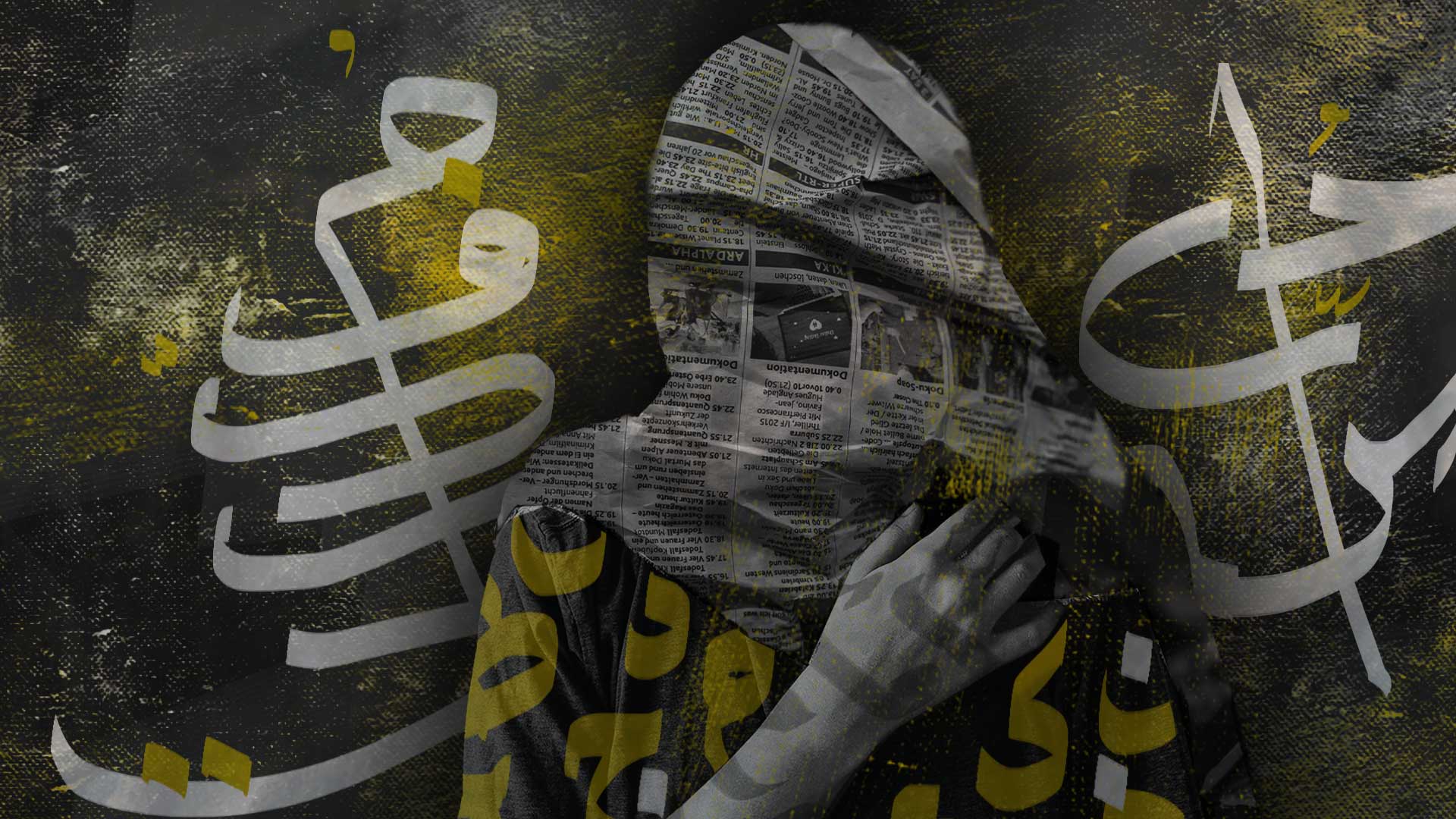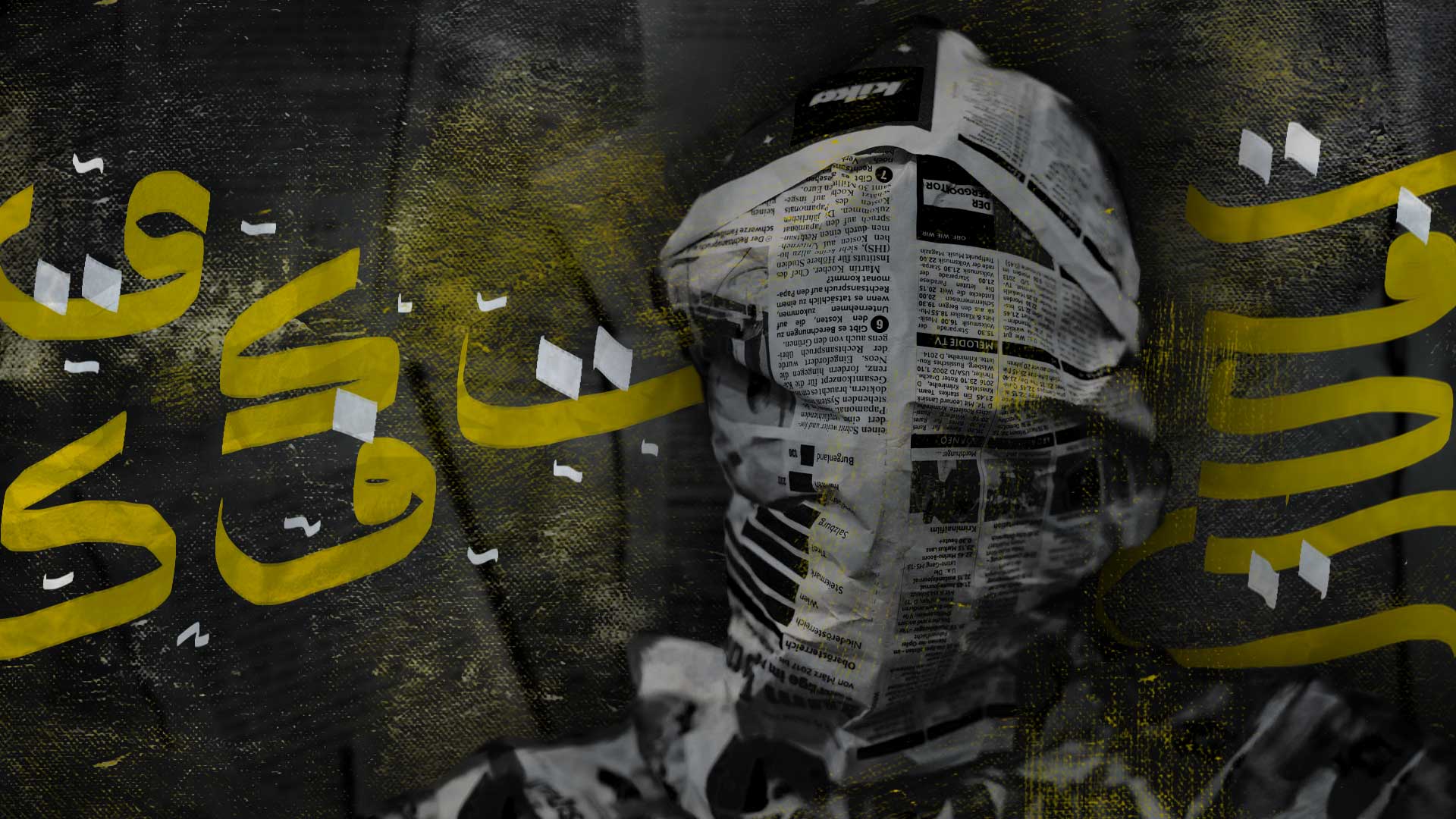| EPISODE 3
Language, A Form of Resistance
Created by
Inkyfada Podcast
Directing, Recording and Montage
Hazar Abidi
Mixing and Sound Design
Oussema Gaidi
Illustration
Tayma Ben Ahmed
In the third episode, our guests discuss the legitimacy of speaking and evolving a language.
The invited feminists, journalists and writers approach this issue from a gender perspective, in an attempt to deconstruct male dominance and find ways of challenging it.
This deconstruction seeks forms of resistance through eroticism, codified vocabulary and sarcasm, as a means of highlighting certain social and political issues.
The guests of this episode are:
Bochra Triki, Tunisian podcast producer and feminist activist
Sanabel Salamah, Editor for a Jordanian satirical publication
Rim Berrjab, Tunisian journalist
Khookha McQueer, Tunisian writer and queer activist
Gender in language, from power to resistance
Latest episodes
| EPISODE 2
Inclusivity in the Arabic Language
| EPISODE 1
Absent in Language: Absent in Mind
ABOUT
Inkyfada Podcast is the first platform entirely dedicated to original Tunisian podcasts, and was conceived by Inkyfada media in collaboration with the in-house research and development laboratory, InkyLab. Inkyfada joined the global podcast boom in 2017, when the team produced the first Tunisian audio documentary, diving deep into the belly of the El Kamour struggle taking place in the desert. Since then, Inkyfada Podcast has produced a wide variety of documentaries, investigations, and podcast series, as well as articles accompanied by music; covering a multitude of contemporary issues in order to offer an immersive and alternative podcast experience. Whilst exclusively offering audio content, the Inkyfada Podcast team upholds the same core values and principles of inkyfada.com, and is committed to producing high quality content though a dynamic and meticulous production process. In addition to the permanent team, Inkyfada podcast works closely with various journalists, artists, illustrators, musicians and other content creators in order to diversify the platform and support artistic creativity. These podcasts differ from traditional radiophonic content in that the applied production and editing process is more akin to cinematographic techniques, in addition to being web-based, downloadable and accessible on demand. Additionally, Inkyfada Podcast uniquely offers subtitles in French, Arabic and English for all audio content, the majority of which is recorded in Tunisian or in the preferred language of the speaker in question.






